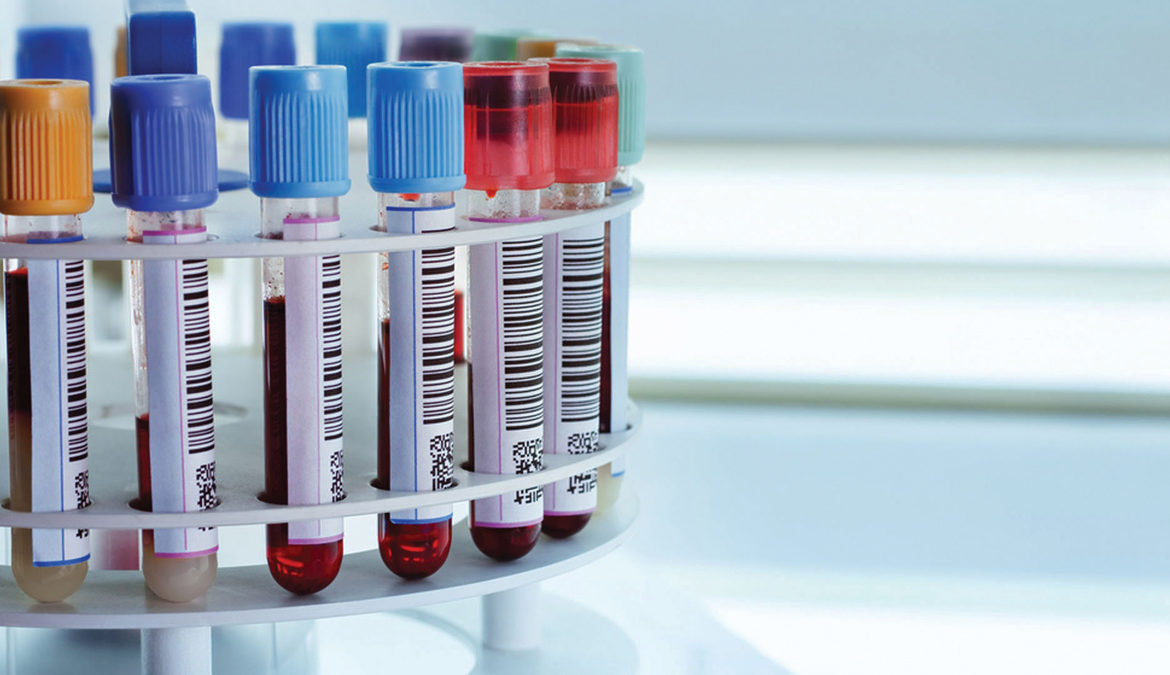CQC’s review of COVID-19 ‘do not attempt cardiopulmonary resuscitation’ decisions
Please see here for the full report online.
At the beginning of the pandemic there were concerns that decisions were being made without involving people or their families, and were being applied to groups of people, rather than taking into account each person’s individual circumstances. In October 2020 a special review was commissioned by the Department of Health and Social care to look into these concerns.
The CQC was commissioned to produce a report looking at DNACPR decisions during the Covid-19 pandemic. The report highlights that more work is needed to support health and care clinicians and others holding conversations about DNACPR decisions.
The CQC review did not find that there had been a national blanket approach to DNACPR, there was ‘undoubtedly confusion at the outset of the pandemic and a sense that some providers felt under pressure to ensure DNACPR decisions were in place’. This risks undermining public trust and confidence in the health and care system and demonstrates the need for better oversight of DNACPR decisions.
All health care professions in the report recognised the importance of ensuring that conversations around advanced care planning are carried out with kindness and compassion, in line with best practice and peoples human rights. But how well people were involved in conversations about their care and whether or not they wanted to receive cardiopulmonary resuscitation varied.
ReSPECT is a good example of an advanced care planning process that, when done well, can support everyone to make decisions about their future care and treatment. As part of advanced care planning there may be a discussion around whether to attempt CPR if a person’s heart stops or they stop breathing. Putting in place blanket DNACPR decisions, not discussing with people regarding CPR, and people not understanding when a DNACPR decision is in place are all human rights issues and need to be recognised as such.
- Article 2 of the European Convention on Human Rights protects a person’s rights to life. Under Article 2, public authorities have a duty to prevent avoidable deaths. If DNACPR decisions are made in ways which do not protect a person’s right to life, it is possible they are in breach of Article 2.
- Article 8 of the European Convention on Human Rights protects their right to respect for their private and family life. Not consulting with the person or their representatives when making a DNACPR decision risks breaching Article 8. All DNACPR decisions need to be on an individual basis according to need. Applying ‘blanket’ DNACPR decisions to groups of people, such as those with learning disability or older people, is potentially discriminatory and unlawful.
- Article 14 of the European Convention on Human Rights is about the right not to be discriminated against in connection with other human rights. If DNACPR discussions are made based on assumptions about people who are disabled or an older person, this could breach Article 14.
Key points
- Increased pressure on staff time and resource due to the pandemic meant that conversations about people’s care were often taking place at a much faster pace in busier settings. This had an impact on DNACPR decisions, including how well families and people were involved, which could risk breaching their human rights.
- Generally, people were involved in decision making but there was evidence that they were not always supported or given the right information to have meaningful conversations to ensure they understood the outcome of any conversation. This risked breaching their human rights.
- Some people across a range of equality groups, including older people, people with dementia and people with a learning disability, were not supported to the extent they needed to be in advance care planning conversations, or given the information they needed in an accessible way.
- There was a general lack of awareness and confidence among people, families and care workers about what a DNACPR decision meant, and how to challenge this.
Recommendations
- DNACPR decisions need to be recognised as part of wider conversations about advance care planning and end of life care, and these decisions need to be made in a safe way that protects people's human rights.
- People must always be at the centre of their care, including advance care planning and DNACPR decisions.
- Everyone needs to have access to equal and non-discriminatory personalised support around DNACPR decisions, that supports their human rights.
- Clinicians must have the knowledge, skills and confidence to speak with people about, and support them in, making DNACPR decisions.
- There must be comprehensive records of conversations with, and decisions agreed with, people, their families and representatives that support them to move around the system well.
CQC findings show there are 3 areas for improvement:
- Information, training and support
Including making reasonable adjustments for disabled people and remove information and communication barriers. Clinicians and healthcare professionals should have the necessary time to engage with people when conducting these conversations.
- A consistent national approach to advanced care planning
There needs to be positive promotion of advanced care planning and DNACPR decisions as well as a more general focus on living and dying well.
- Improved oversight and assurance
There must be comprehensive records of conversations with people, their families and/or representatives that support them.




